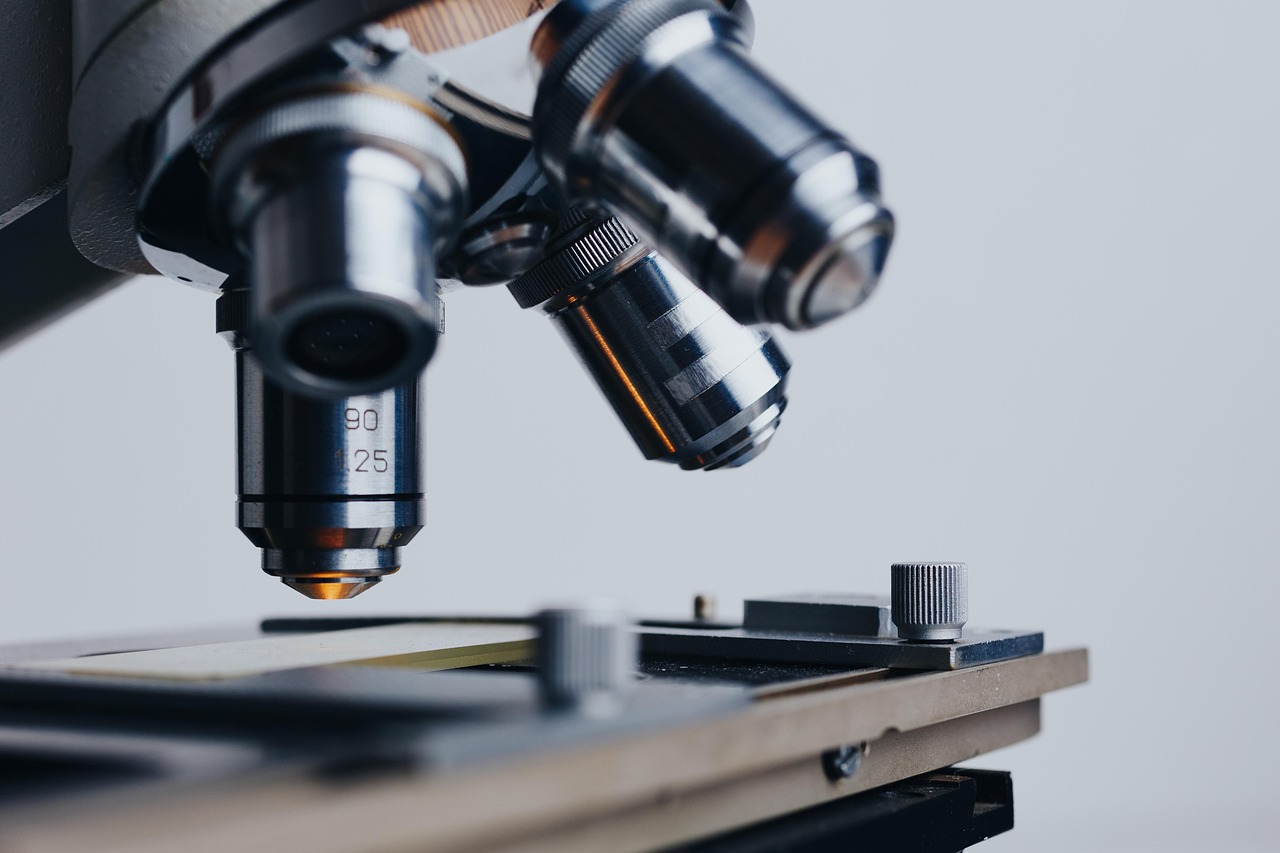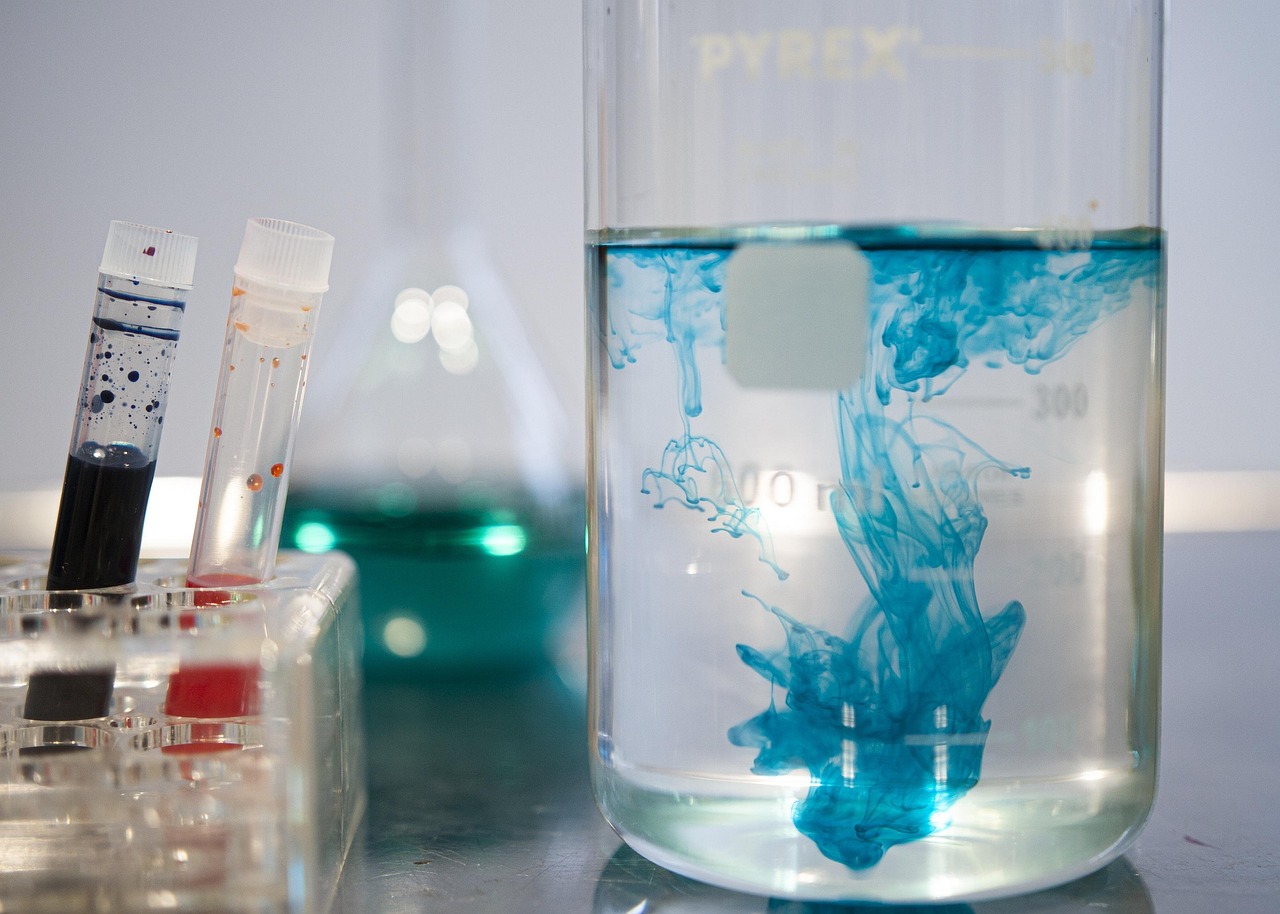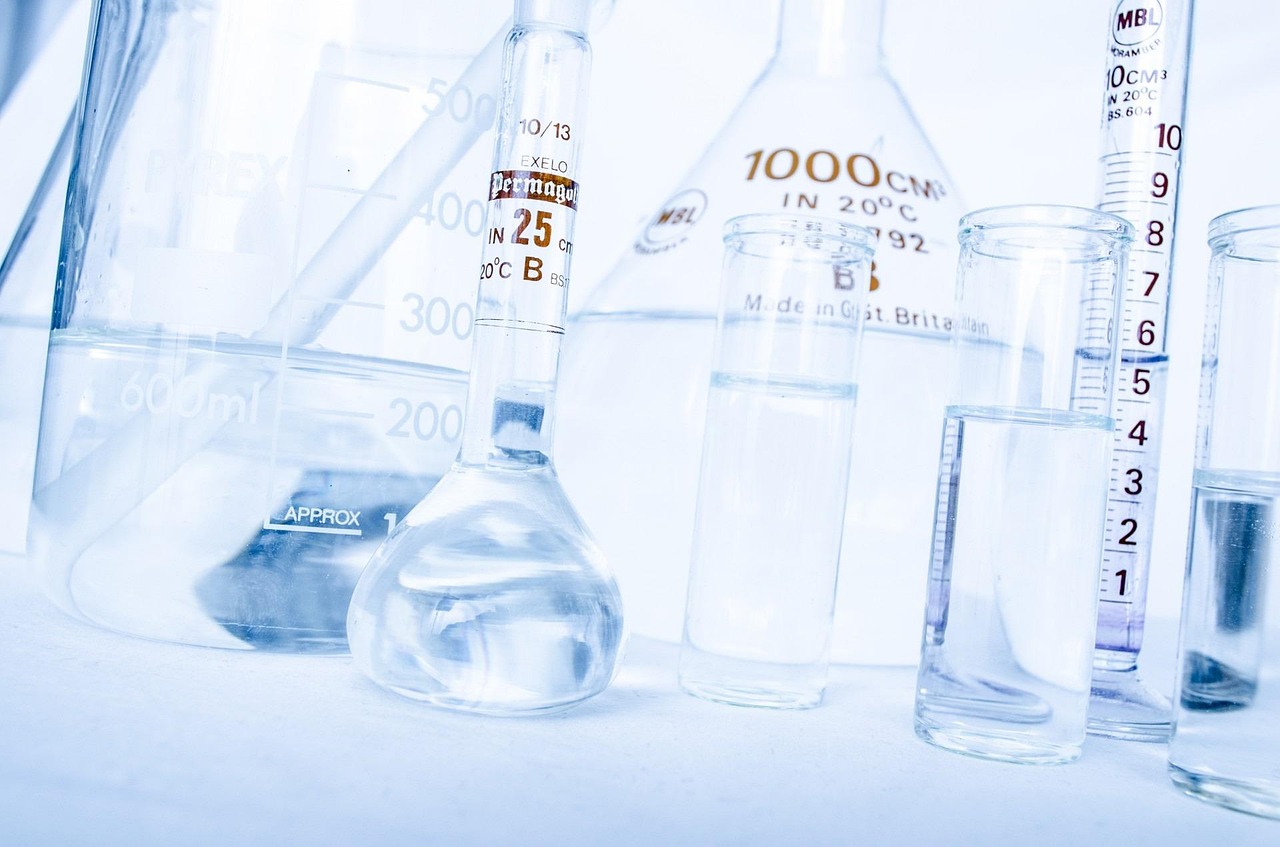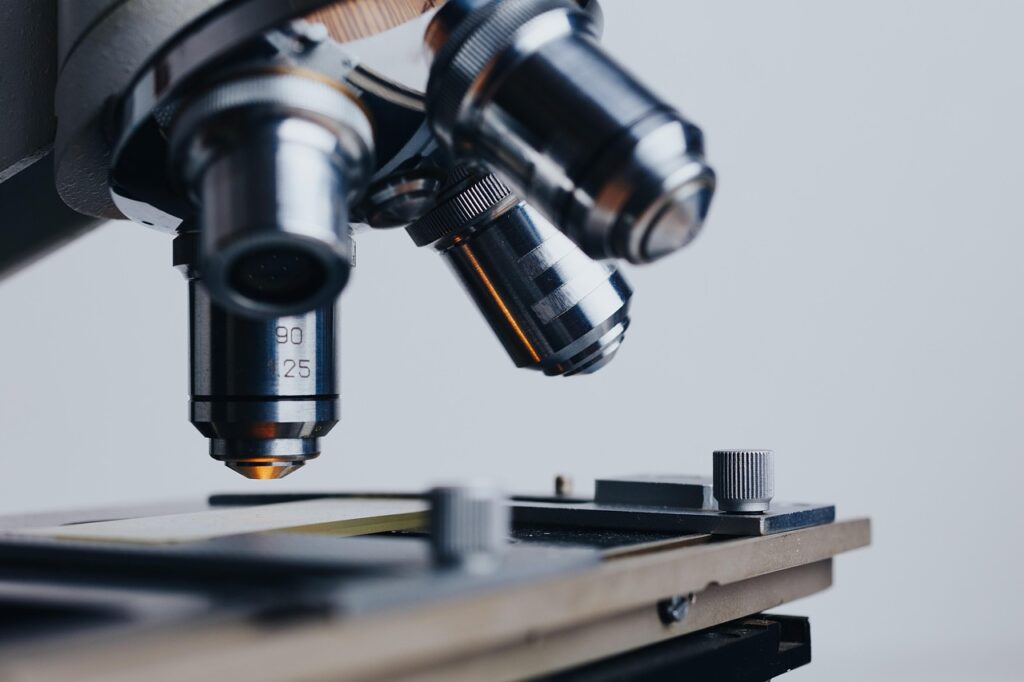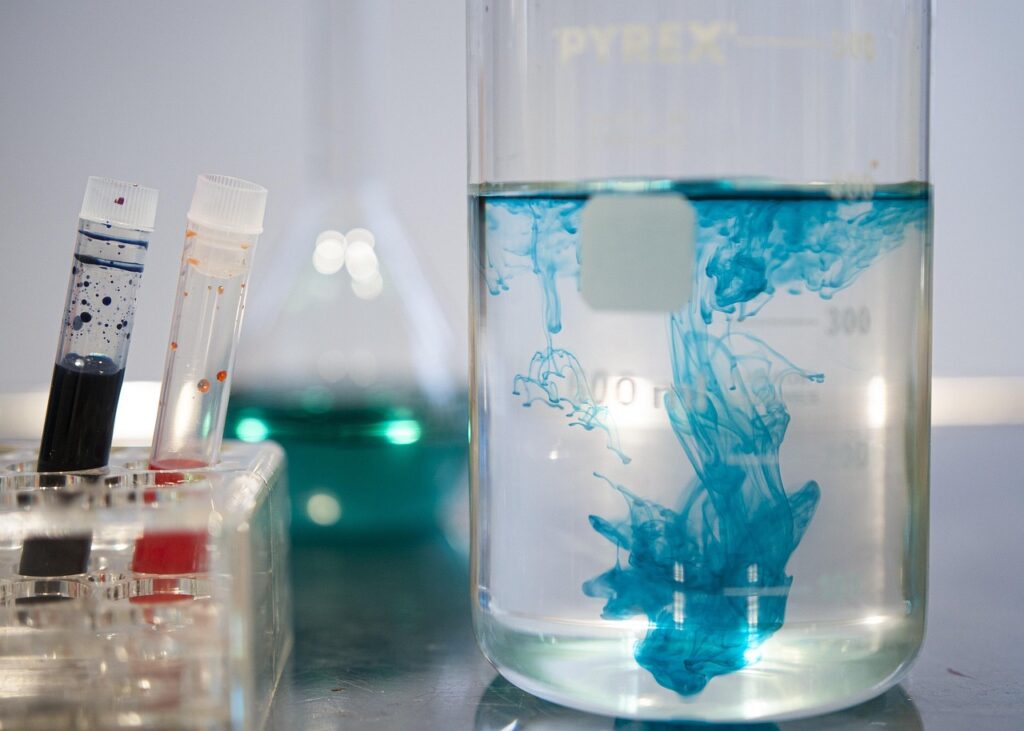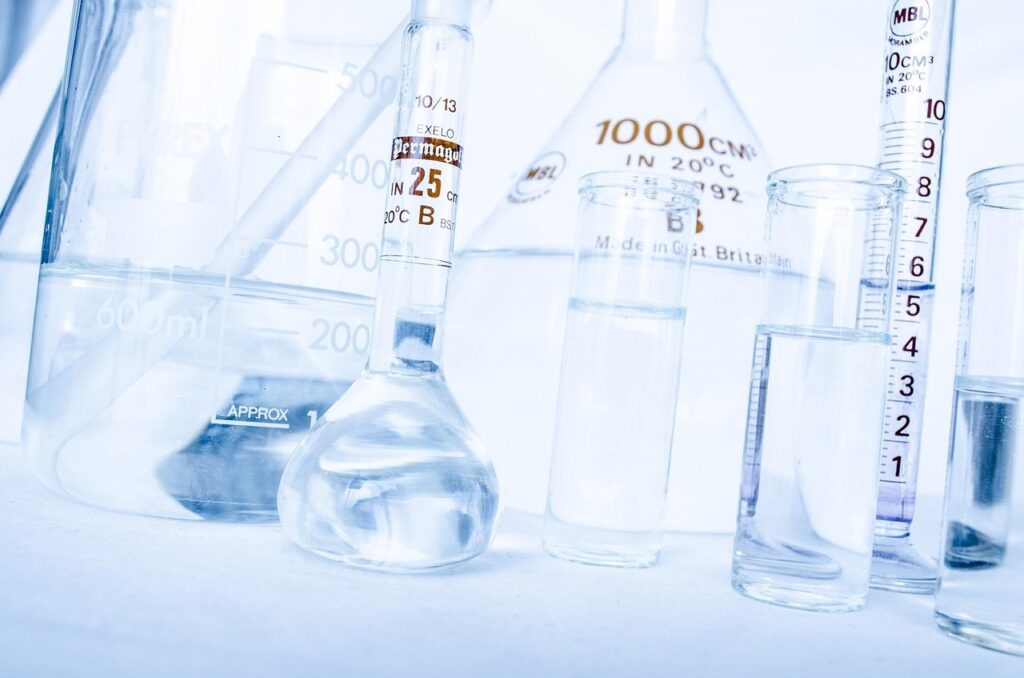In the ever-accelerating realm of automotive innovation, where each turn of the wheel demands precision and reliability, material testing emerges as the unsung hero, quietly but significantly shaping the very essence of our vehicles.
As we journey through the intricate corridors of automotive design, this blog post aims to spotlight the pivotal and often overlooked player in this symphony of engineering excellence. Within the labyrinth of automotive design, the selection of materials is a decision not taken lightly; it is a meticulous process that sets the stage for a vehicle’s performance and durability.
Join us as we unravel the tapestry of the automotive industry, revealing the indispensable role of material testing in the pursuit of crafting vehicles that transcend mere transportation, embodying reliability, resilience, and a commitment to excellence.
Welcome to a world where every material and component undergoes scrutiny to ensure adequate performance and enduring durability.
The Crucial Role of Material Testing in Automotive Design
The process of material selection within the intricate landscape of automotive design is a painstaking endeavor that reverberates throughout the core of a vehicle’s performance and durability.
At its essence, this meticulous procedure involves a delicate dance between the visionary aspirations of engineers and designers and the practical demands imposed by the unforgiving conditions of the road. The challenge these industry stalwarts face is monumental: to identify materials capable of withstanding and thriving amidst the ceaseless demands of the asphalt jungle.
From the scorching heat of summer to the bone-chilling cold of winter, from the relentless vibrations of rough terrains to the abrupt impacts of unforeseen obstacles, the chosen materials must exhibit a harmonious fusion of resilience and reliability. In this high-stakes quest for automotive excellence, it emerges as the linchpin, the crucible wherein the suitability of materials for various components is meticulously scrutinized and validated.
Through this rigorous testing, manufacturers attain the assurance that the selected materials possess the grit to endure the relentless rigors of everyday use, ensuring not just vehicular functionality but longevity that exceeds expectations.
Performance Enhancement Through Rigorous Material Testing
The performance of an automobile is intricately tied to the materials chosen for its construction, and material testing emerges as the rigorous guardian of vehicular excellence. This meticulous evaluation ensures that critical components, including engine parts, suspension systems, and braking systems, can withstand the stressors encountered during regular use.
Real-world examples vividly illustrate how material testing directly contributes to tangible improvements in automotive applications, elevating the overall driving experience for consumers.
From heightened fuel efficiency to improved safety features, it leaves an indelible mark on every facet of a vehicle’s performance, affirming its role as the linchpin in crafting vehicles that endure and excel on the road.
Also, check out our blog on quality testing labs in India where we discuss what equipment and procedures we use to assess quality testing.
Durability Testing for Longevity
Durability is a foundational pillar in the intricate realm of automotive manufacturing, and material testing is pivotal in safeguarding a vehicle’s longevity. Within this section, we delve into the diverse array of durability tests meticulously employed by manufacturers to assess the resilience of materials against corrosion, fatigue, and other forms of degradation over time.
Through the simulation of real-world conditions, material testing becomes the driving force, empowering manufacturers to craft vehicles that transcend temporal challenges, meeting and even surpassing the discerning expectations of consumers for durability.
In this crucible of simulated endurance, the blueprint for long-lasting, reliable automobiles is forged, ensuring that each vehicle not only withstands the test of time but emerges as a testament to the uncompromising commitment to durability inherent in the automotive industry.
Advancements in Material Testing Technologies
At the vanguard of technological innovation, the automotive industry continually charts new frontiers, and material testing stands as no exception to this trajectory. Within this section, we explore the latest advancements in material testing technologies, delving into non-destructive testing methods, sophisticated computer simulations, and cutting-edge analytical techniques.
Integrating these state-of-the-art technologies represents a paradigm shift in how the automotive sector approaches material testing. By embracing these innovative tools, manufacturers not only elevate the precision and efficiency of their testing processes but also gain profound insights into the intricate behavior of materials.
This, in turn, empowers them to make more informed decisions throughout the design and production processes, propelling the industry into a future where the marriage of cutting-edge technology and material testing becomes a catalyst for unprecedented advancements in automotive engineering.
The Future of Material Testing in Automotive Innovation
Amidst the transformative waves sweeping through the automotive industry, marked by the ascent of electric vehicles, the advent of autonomous driving, and an array of other groundbreaking innovations, material testing emerges as an unwavering cornerstone.
Within this section, we engage in speculative discourse on the future trajectory of material testing in automotive innovation. Envisioning a landscape shaped by these revolutionary changes, it becomes evident that material testing will maintain its pivotal status.
As new materials and avant-garde designs become integral to the fabric of modern transportation, material testing will continue to play a critical role in ensuring their compatibility with the evolving demands of the automotive landscape.
In this glimpse into the future, we anticipate material testing not only adapting to the challenges posed by transformative technologies but also spearheading the drive toward heightened efficiency, sustainability, and safety in tomorrow’s automobiles.
As we reach the end of this blog how about checking out SMS LASB’s state-of-the-art material testing service for your business needs?
Conclusion
In summation, material testing emerges as the unsung hero in the symphony of the automotive industry, quietly but decisively shaping the very fabric of the vehicles that seamlessly integrate into our daily lives.
This comprehensive understanding of its multifaceted role, spanning from the intricate process of material selection to the realms of performance enhancement and durability assurance, instills a profound appreciation for the meticulous craftsmanship underlying the creation of automobiles.
These vehicles, far from being mere modes of transportation, are the tangible results of a rigorous process ensuring they meet and consistently exceed the lofty standards set for performance and durability.
As the automotive landscape continues its evolutionary journey, material testing is poised to maintain its position as a driving force—continually sculpting the future of transportation with its unwavering commitment to excellence and innovation.



